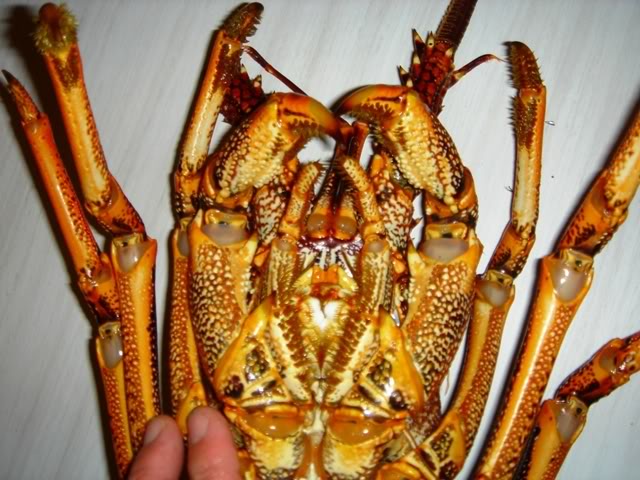If humans were to vanish completely from the Earth rapture-style, other primates would possibly slowly evolve and eventually take our place (in a few million years?), since they have both the basic cognitive architecture and similar manipulators that could evolve to allow finer motor control more easily, compared to a dog's brain and front paws.
I have seen other non-primate animals use tools, such as ravens using tools to get tools to get food. And there are other types of manipulators even here on earth (jaws, beaks, claws, tentacles, trunks). Heck, Koalas even have two thumbs per hand. To me, however, it seems like there's a catch - literally, in that the human hand might just be the most precise and versatile environmental manipulator (relative to our size) that has ever evolved here on Earth. It allows multifunctionality, power, precision, and sustained use, which would be my criteria of choice for comparisons.
So here's a question for the more biologically and mechanically inclined among Worldbuilders: Could other solutions solve the difficult problem of grasping (holding, scooping, throwing, etc.) without the same adaptation? In other words, can claws, jaws, tentacles, beaks or trunks do the job (of building tools, fire and a civilization) as well as a hand or is there something vital that's missing in those manipulators?
To give two specific examples, would evolved elephants or some land-adapted octopi be able to achieve the kind of motor control we enjoy?
This will be useful in refining the degree of convergent evolution that needs to take place in my alien/abandoned-earth worlds...


